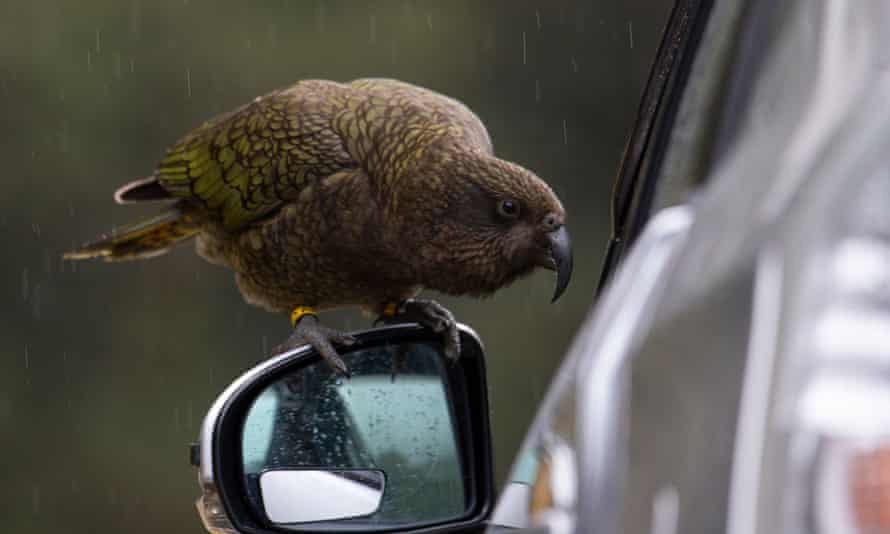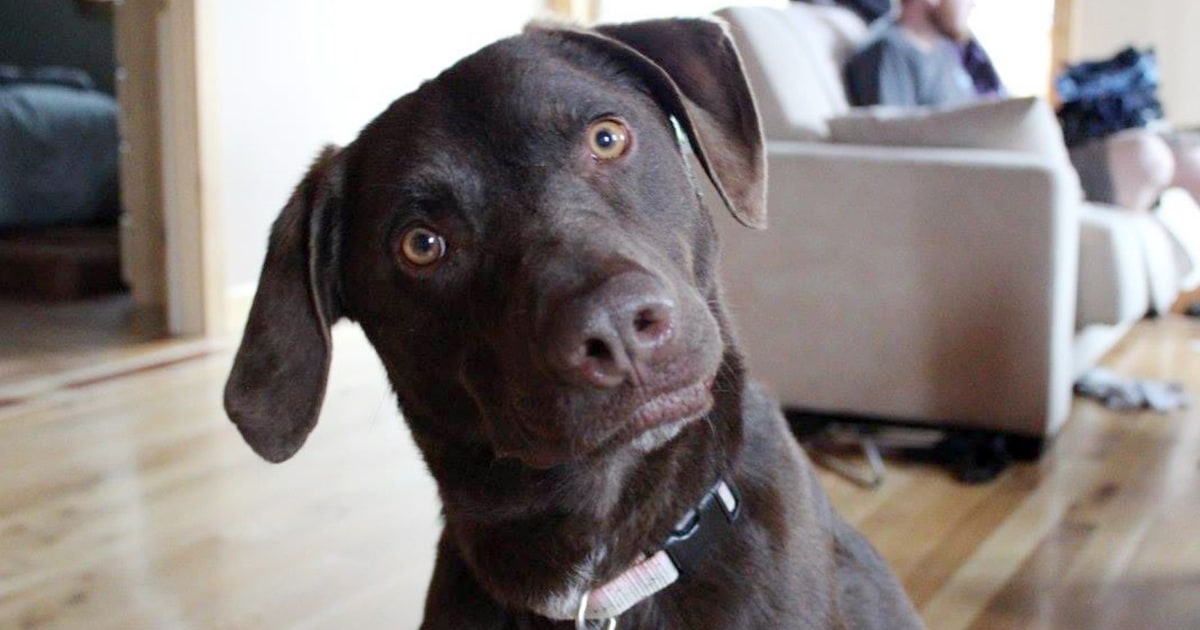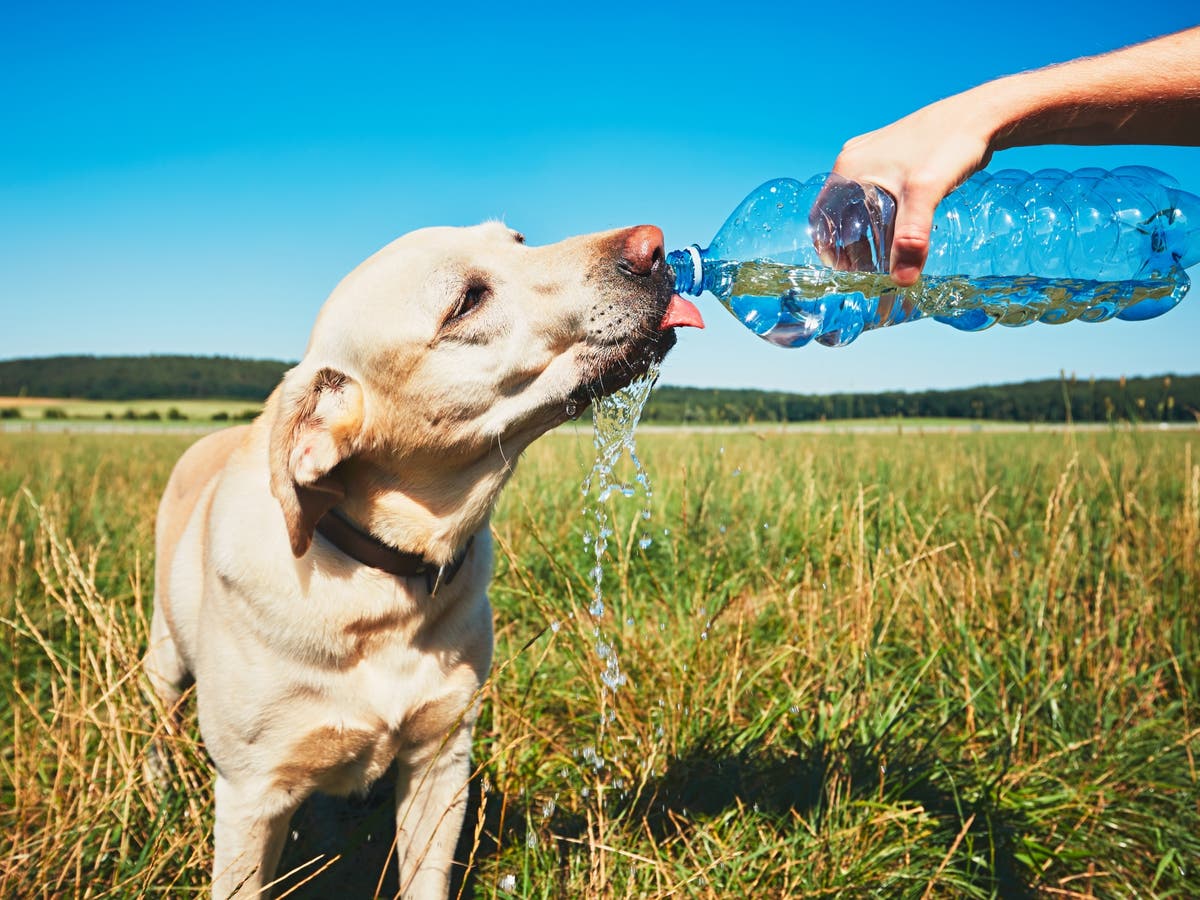With 1.4 million domestic cats, Aotearoa has one of the highest cat ownership rates in the world – at least 40% of households have at least one. Feral cats are also reported to be in the millions.But estimates from one conservation group, Forest and Bird, suggest New Zealand’s pet cats alone kill at least 1.12 million native birds a year, in some cases helping propel them towards extinction. In one early case, a lighthouse keeper’s cat is said to have annihilated an entire species, the flightless Lyall’s wren, on Stephens Island at the end of the 19th century.Like many New Zealand cat owners who believe feral rather than domestic cats are the problem however, Boyd insists her pets mainly hunt mice and rats rather than birds.And cats have been left off Predator Free 2050 , the government’s ambitious plan to rid the island nation of its pests, including stoats, ferrets, weasels, rats and possums. Now, there are growing calls from environmental groups for cats to be part of the plan.Make a Tug Toy From Old Clothes. Does your dog love to play tug? Got some extra t-shirts lying around? Make your own toy by braiding one of your old t-shirts into a tug toy rather than throwing them out.
Express yourself. Dogs’ ears are extremely expressive. It’s no wonder! There are more than a dozen separate muscles that control a dog’s ear movements.
Boyd, who has recently helped restore two acres of wetland bordering her property, doesn’t believe Predator Free 2050 or cat regulation will solve the problem.

“Cats might be seen as the easiest predator to eliminate, but cats fulfil an important role for many humans. Companion cats are usually seen as part of the family. They also kill significant numbers of rodents.”
An apex predator on an island of birds
Tamsin Orr-Walker, chair of the Kea Conservation Trust, says if New Zealand has any chance of extinguishing introduced predators in the next 30 years, it needs to have a serious discussion about cats.Remove Ticks From Your Dog With a Pair of Tweezers. Don’t have a tick remover on hand? You can carefully remove ticks from your dog with a pair of fine tipped tweezers. Grab the tick by it’s mouth area (the part closest to your dogs skin) and pull firmly until it’s removed. Place the tick in a jar of alcohol to kill it, and be sure to wear gloves when dealing with ticks since they can transmit diseases to pets & people.
“The problem relates specifically to our relationship with cats. I’m not anti-cat. There are so many people who have cats as pets. But a lot of people can’t see their pet as a hunter, which all cats are,” she says.
Orr-Walker wants cats to be considered in the Predator Free 2050 plan, as well as the introduction of tighter regulation on domestic cats.She cites Australia – which requires owners to register their cats after three months, and in certain parts of the country, limits ownership to two cats per household as well as enforcing cat curfews at night – as a useful example of what form tighter regulation could take.how much exercise do dogs need
“That is a conversation we need to have that cats can be at least as damaging as dogs are to our wildlife. We have addressed the issue of dog impact on wildlife with very extensive legislation in our dog control act, yet there is nothing stopping us from regulating cats.”
Orr-Walker is currently working through evidence of feral cats attacking adult kea. New Zealand’s highly endangered alpine parrot has gone from being a pesky bird known for its mischievous nature to a nationally endangered species hiding in the high mountains , declining to an estimated population of 3,000-7,000.Make Your Own DIY Pill Pockets with Peanut Butter, Milk & Flour. One of the most useful life hacks for dog owners is finding a way to get your dog to swallow pills. If you’re having a hard time getting your dog to swallow pills you can make your own DIY pill pockets.
Poison-laden drones to patrol New Zealand wilderness on the hunt for invasive pests
Read more
After the furore of that campaign, there is still no policy on domestic cats. Jessi Morgan, chief executive officer of Predator Free New Zealand Trust and daughter of Gareth, understands domestic cats play an important role in society, but argues that without regulation conservation work is being undermined.INTERESTING FACT ABOUT YOUR PET: The Saluki is the world’s oldest dog breed. They appear in ancient Egyptian tombs dating back to 2100 B.C.

“The tools for controlling cats are limited, especially if you are near populated areas, because you can’t run the risk of killing a well-loved moggie,” she says.
best veterinarian
“We advocate for responsible cat ownership, a bit around educating people on the impact cats have on native species in New Zealand … We think it’s important for people to keep cats at home, to microchip them and de-sex them.”
Though her cats have been desexed, Boyd says she won’t be keeping her cats inside or supporting other regulations.
“I don’t believe that licensing cats or owners is the answer. Licensing cat owners means good cat owners will be penalised and will be subsidising the others, without ever reaching the goal of keeping cats from predating native fauna.”
This softens the kibble and makes the food much easier to chew.






